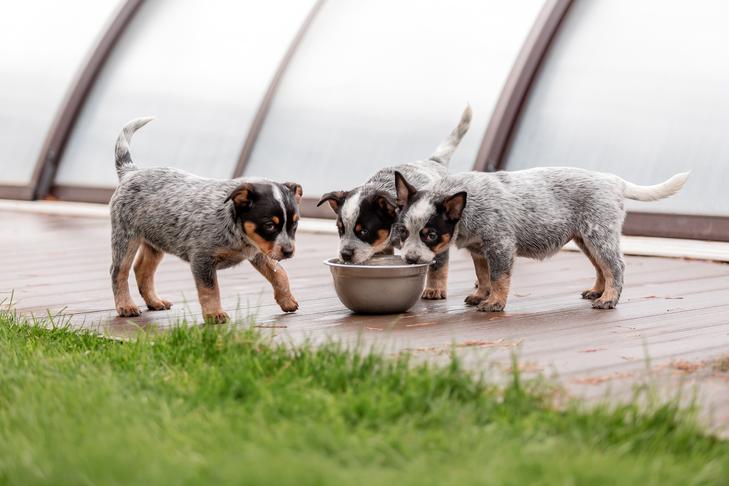Dairy products are a favorite of many doggie friends. But, can a dog drink milk? To sum up, maybe. Just as with humans, moderation is key when feeding this to your dog. A lot of young dogs also have lactose intolerance, so giving them milk might make them sick.
What Is the Maximum Amount of Milk a Dog Should Consume?
When consumed in moderation, milk is perfectly safe. Occasionally rewarding your dog with a few tablespoons of cow’s milk or goat’s milk is a great idea. However, you shouldn’t give your dog the full bowl at once since doing so might lead to stomach upset, vomiting, and lose feces.
The fat and natural sugar content of the drink is rather substantial. If you feed your dog too much of any of these, it might develop dangerous illnesses including obesity and pancreatitis.
Canine lactose intolerance is a real thing
Among the most common causes of digestive distress in canines is the consumption of dairy products. Canines often have trouble digesting milk since they are lactose intolerant. Some lactose-intolerant dogs can consume cheese and plain yogurt, but they can’t take milk. Some canines may have digestive issues after ingesting dairy products.

Symptoms of a Lactose-Intolerant Dog
Some lactose-intolerant dogs may have moderate symptoms, while others may have far more serious reactions. The most prevalent signs are:
- Diarrhea and/or loose stools
- Gas
- Vomiting
- Pain in the stomach
- Diarrhea
Until they accidentally give their dogs milk, many people have no idea that their canine companions have lactose intolerance. It might be difficult to tell whether your dog is lactose intolerant if he or she has recently ingested a lot of milk since this can cause stomach upset in dogs regardless of their lactose tolerance. Even if your dog seems OK after consuming a little bit of milk, you should look elsewhere for a treat if he or she develops any of these symptoms.
Before adding anything new to your dog’s diet, you should always check with your vet. Further information on what your dog may and cannot eat is available here.